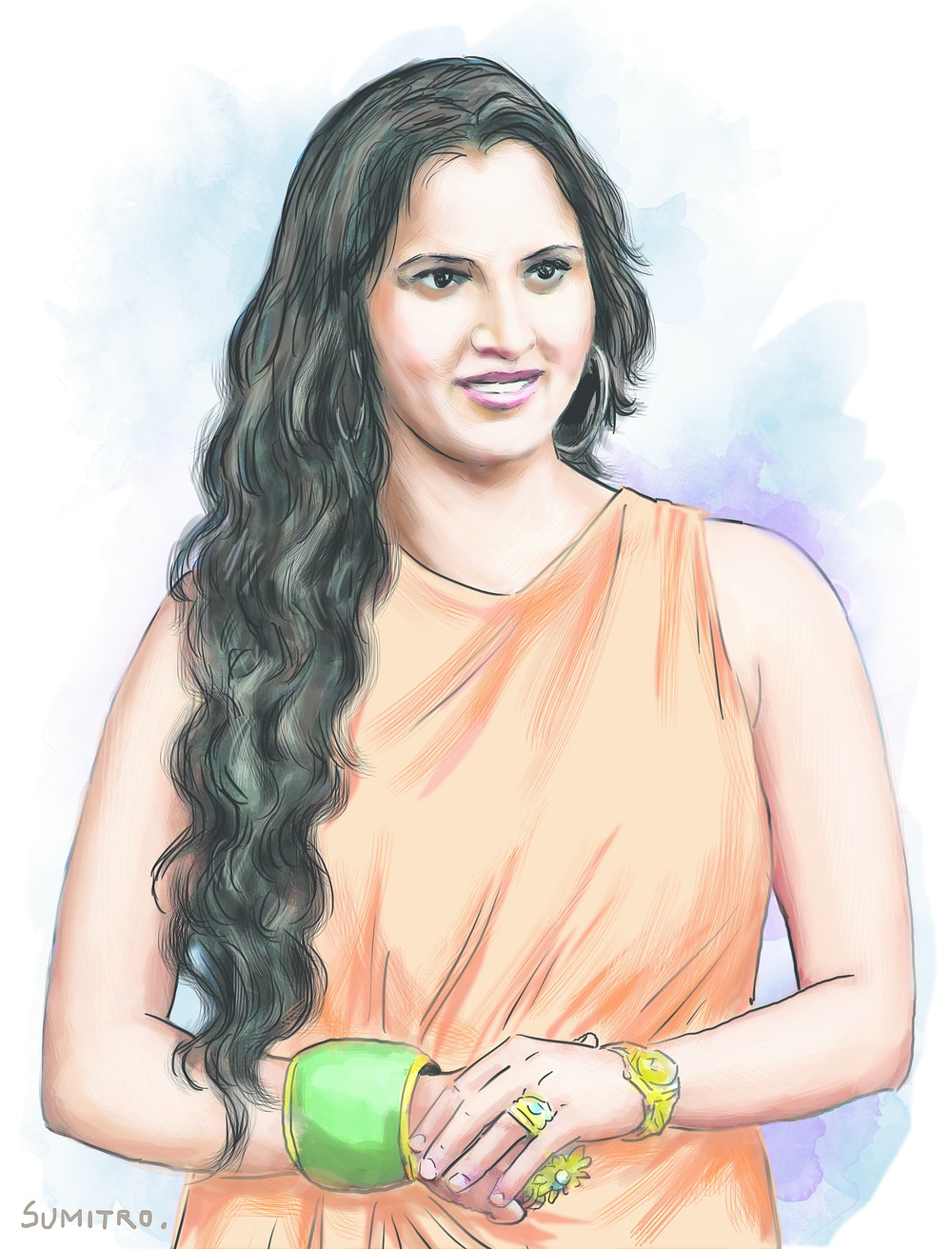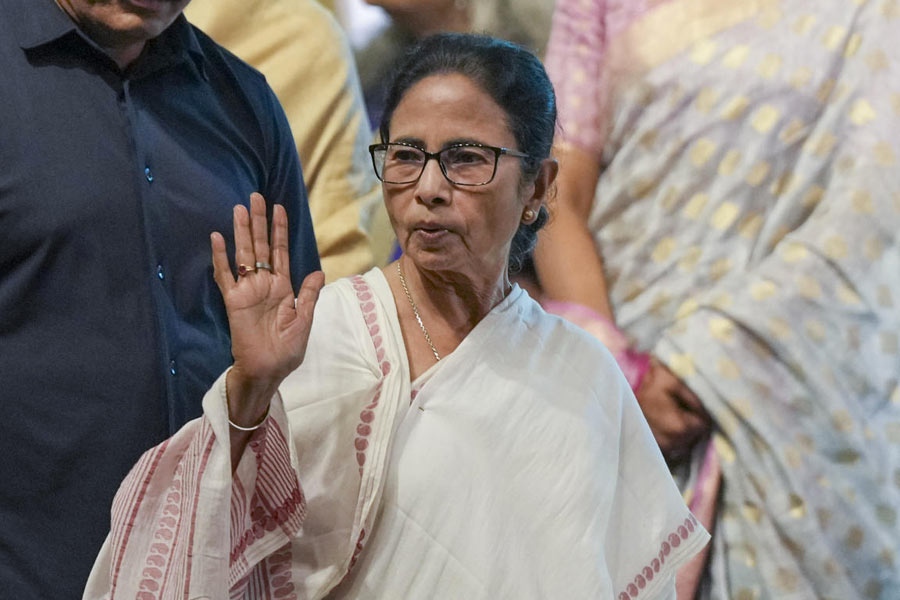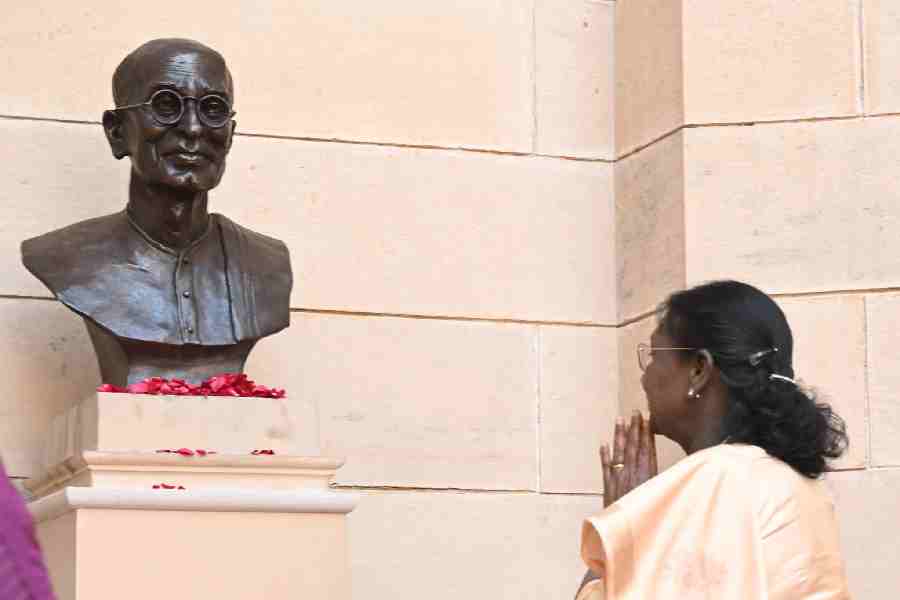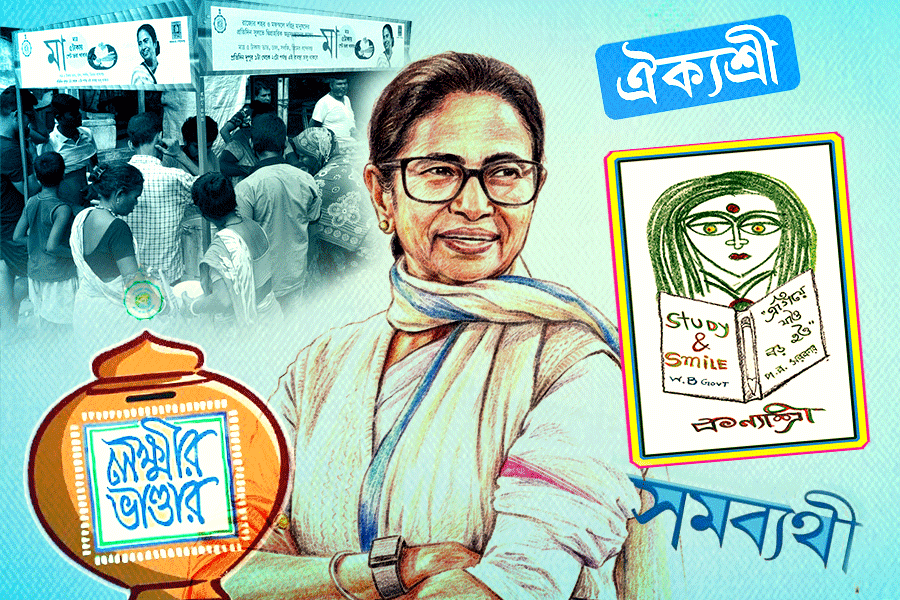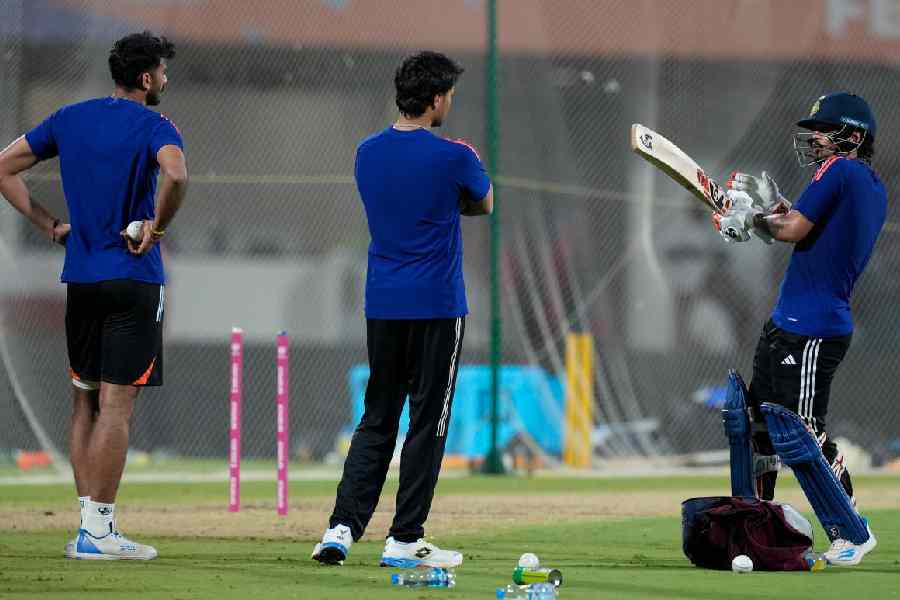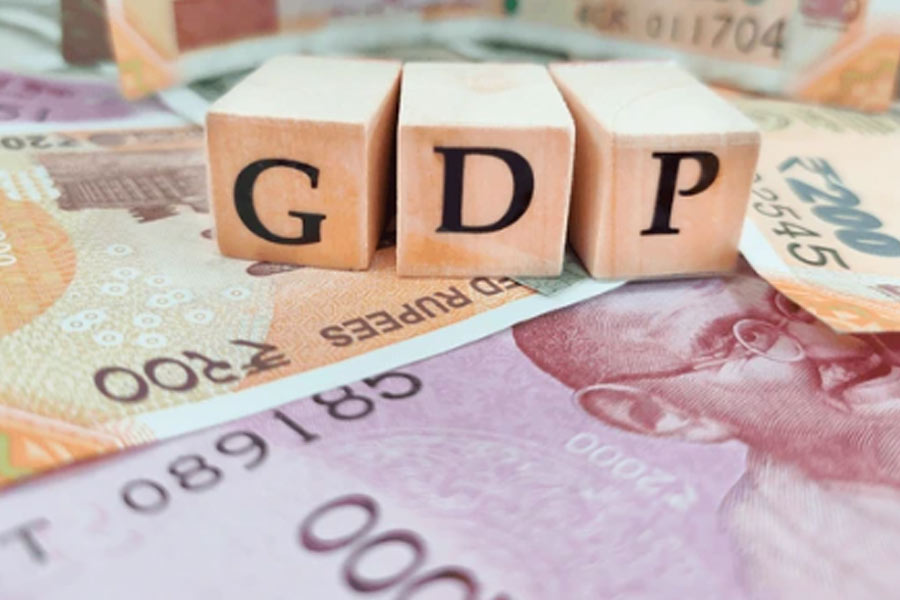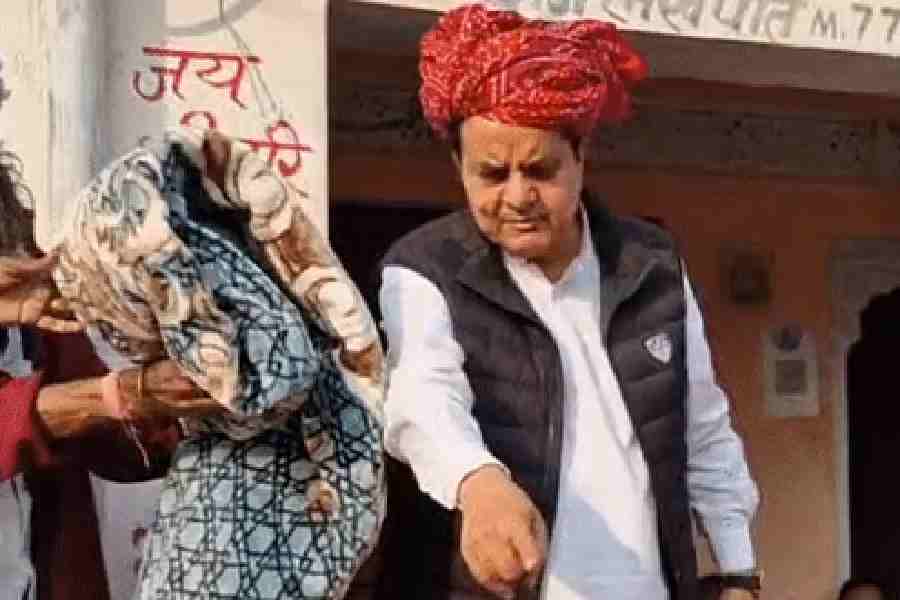
Sania Mirza replies to questions almost the way she returns a serve. Bang, wham, and even before your question is asked, she is out with her reply. Just once in a while, when she runs out of a word or loses her chain of thought, she rolls her eyes, and lets out a huff with a how-could-I-do-that look on her face.
But the one question that she lingers on is a choice that the tennis champ made four years ago. Should she have given up her singles career without trying some more? The World No.1 in women's doubles, who has won six Grand Slam titles in doubles, admits that what she misses the most is playing singles. There is excitement in her voice when she talks about the thrill of straddling the court and hitting those searing forehand cross-court winners in some of the most hallowed tennis arenas around the world.
"I still believe that I can get back to the top 100 if I to return to singles. But I don't know if my body will sustain it. Probably not," she says, with her characteristic nasal twang. She plays singles in practice games for the fun of it, she adds.
Mirza, 29, is in Delhi for the release of her autobiography, Ace against Odds (HarperCollins). We are sitting in the stately banquet hall of a five-star hotel in central Delhi. Mirza is in a white T-shirt with a deep neck, light blue ripped jeans, a pair of high-heeled shoes and white hoop earrings, almost as big as the head of a tennis racquet, that seem to touch her shoulders.
Her tennis, writes Martina Hingis, her doubles partner, in the foreword to the book, is "magical, almost mystical". She possesses "the best forehand out of the three billion women" on the planet, Hingis says.
Mirza turned a full-time doubles pro in 2012. Couldn't she have stayed on a little longer in the singles circuit? After all, she had defeated some top-ranked players such as Svetlana Kuznetsova, Dinara Safina, Nadia Petrova and Hingis?
This is a question that many of her fans have asked, for singles events are the centrepiece of Grand Slam tournaments, while doubles events are seen as "also-rans". The legendary John McEnroe, talking to The Times of London in 2013, had said: "Doubles - why are we even playing it?" and called for scrapping it. "Would it be better off, no disrespect, but would it be better off if there was no doubles at all," he'd asked. Veteran Vijay Amritraj believes that young players give up too early on their singles careers and turn to doubles, terming it "lazy tennis".
The answer comes pat. "When I stopped playing singles, it was not because of tennis. My ranking was still 70 or 80 despite playing only for half of the year as I was injured almost half the year. It was not about the ability," she explains and goes on to add how physically it was "impossible" for her to play singles. "Looking back, it was the best call I made. I don't think I would have reached the heights I have in doubles," she holds.
Two years ago, she had told The Telegraph that she had set her eyes on the number one world ranking in doubles. "Can I be No. 1 in doubles in the world? 100 per cent," she had said. Ranked sixth then, she had given herself two years to achieve her aim. It didn't take that long. On April 13, 2015, she climbed to the top of the Women's Tennis Association doubles rankings table and she still remains there.
She doesn't second the thought that winning a singles match against a top notch player such as Kuznetsova in a Grand Slam is greater than winning, say, a mixed doubles title in the same tournament. "Winning a Grand Slam, in any format, is special. It cannot be explained. It has to be felt," she exults.
Mirza is probably the first Indian woman tennis player, or an Indian sportswoman of any discipline ever, whose posters have adorned the walls of many Indian teenagers' rooms alongside the long-legged beauties from the never-ending Russian assembly line. She is also perhaps the first sportswoman to have hogged the limelight for such a long period of time.
She shot into national limelight in 2005 when she reached the third round of the Australian Open singles. No Indian woman had ever gone that far in a Grand Slam. It excited the entire country. When she returned from Melbourne, it was as if she had won the singles title. She was all of 18 but India had given birth to a new shining star. She would go on to reach the third round of the Australian Open again and she also made it to the fourth round of the US Open - no mean achievements.
Over the years, almost everything about her - whether it is her aggressive stroke-play on the court or her attitude off it, her religion, the men in her life, controversies and her outfits (especially her T-shirts that said "Well-behaved women rarely make history" and "I'm cute") - have been discussed threadbare in the media. Her book, written with the help of her father Imran Mirza and Shivani Gupta, a journalist, touches almost every topic beginning from her humble middle-class origins to rising to the pinnacle of tennis and everything in between.
She even discusses in detail the time when the All India Tennis Association (AITA) tried to drag her into the ugly Mahesh Bhupathi-Leander Paes struggle just before the last Olympics. While it was a given that she would pair with Bhupathi in the mixed doubles at the Olympics as they had won several tournaments before the event, Mirza says that AITA paired her with Paes as a "bait" so that he played for India at the event. "That was a very strange episode. But I wanted to put the record straight and do what was right," she says.
"There was nothing like a no-go area for the book. I wrote everything that I feel was important and the world possibly wanted to know from my point of view. I owed it to myself and my family that I told my side of the story," she says, and mentions how in her "love-hate relationship" with the media, many things were written that were untrue or from a different perspective than hers. "We can't live with each other and we cannot live without each other," she says about the media. "I say it in the most loving way possible," she laughs.
But the relationship reached a breaking point in 2008, when she was accused of filming a commercial in a Hyderabad mosque. This was not true, she stresses. Later that year, she was accused of disrespecting the Indian flag and a case was filed against her in Bhopal. There was even a fatwa for wearing an "indecent" dress.
Mirza thought she'd had enough and decided to quit tennis. "It was only because of the strong persuasion of family and friends such as Mahesh Bhupathi that I relented. That was a very tough period and I used to cry a lot," she recalls.
Some even questioned her patriotism when she married Pakistani cricketer Shoaib Malik in 2010. "At first, I was very confused, wondering why it was happening. Nobody has the right to question my patriotism and nobody has the right to tell me whether I can stay in India or not. It is my country," she says, raising her voice a bit.
She says that she finds it "extremely insulting" that somebody whom she has never met or heard of thinks that he or she is more patriotic than she is. "I play for my country and I can say that with great pride, but what is the contribution of the people who are questioning my patriotism," she asks. "Nobody knows."
Could her religion be the reason behind the over-the-top attention she gets from the media? "I don't know. I am a practising Muslim but I am not a perfect Muslim. Nobody is. But it is unfair that people should question me or focus on me more because of my religion. I am a tennis player and religion has nothing to do it. Question my tennis, by all means," she says.
But controversies do dog her. In 2014, she was chosen as the brand ambassador of Telangana; many criticised the new state for choosing someone with a Pakistani husband and others held that she was not from the state, although she had lived almost all her life in Hyderabad. "I can't help it [the controversy], but the state has been very supportive," she says. But she doesn't entertain any question related to politics.
With the book release done, her next target is the Rio Olympic Games, which start next month. "I don't want to jinx it by predicting a medal or anything like that, but I think our tennis team is a decent one. You can expect us to do well," she says.

